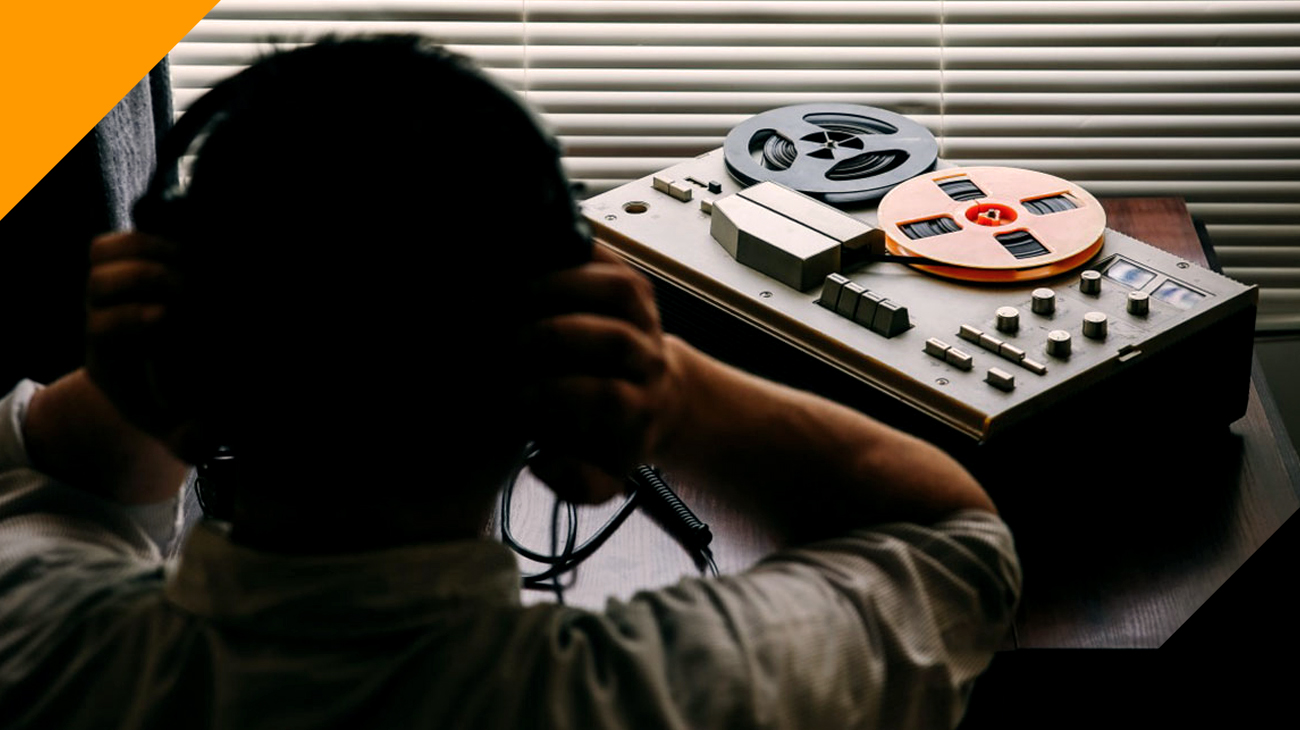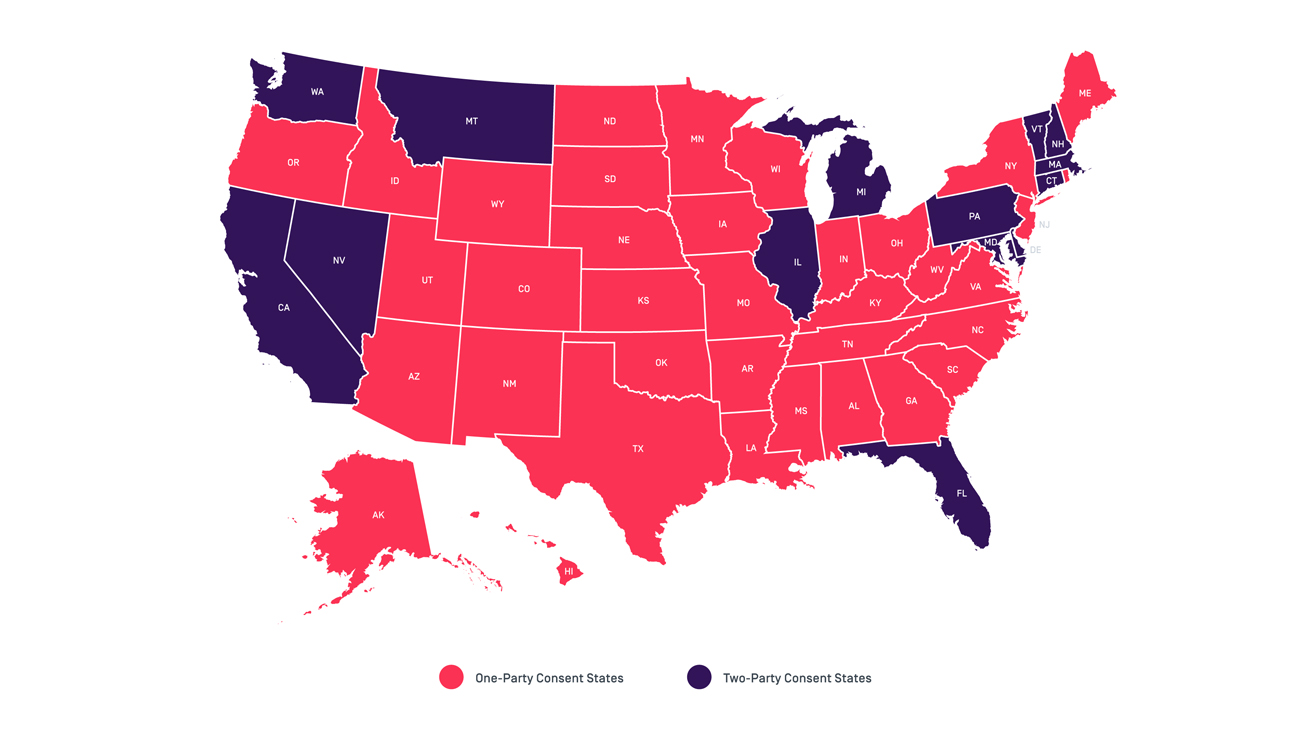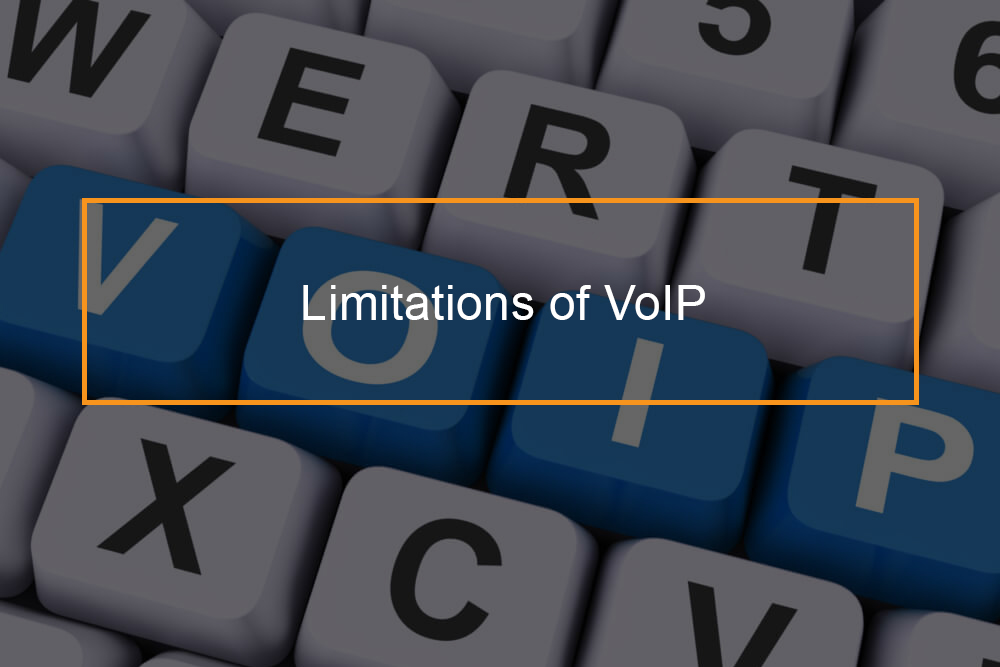Laws For Wiretapping

Federal Laws in Eavesdropping
Who is monitoring and recording the information on your personal phone calls? You might be shocked. Many Americans know that it’s illegal for recording, as well as “wiretap” a person’s phone calls without a court decision by the FISA Court. Is listening to cell phone conversations illegal? Americans are protected from unlawful searches and seizures, but do we?
Table of Contents
Is listening to cell phone conversations illegal?

Is listening to cell phone conversations illegal? The listening of conversations on cell phones is considered illegal if no approval or consent is given to the person listening to it.
The majority of Americans are aware that it is an offense under federal law for recording, as well as “wiretap” a person’s phone calls without a valid court decision by the FISA Court.It is illegal for wiretaps to be used or use any recording device to collect other people’s messages, whether they are electronic or verbal, with no consent from the court. The only exception is if any of the “participating parties” has given prior permission. It is an offense under the federal law to use any information gathered through these recordings, or to release the information obtained from illegal electronic eavesdropping or wiretaps.
The law of the state and federal does not always concur. Federal law says that any participant in the conversation has the right to provide consent for recording. Thirty-eight states as well as the District of Columbia agree. But, the other states need two-party approval, or all parties in the discussion. The regulations are clear. Without a court-issued order, anyone who is a participant in the conversation has to give permission to record the conversation. If not, it is a federal offense which carries penalties as well as prison time. Despite these rules, American corporations are producing devices specifically designed for recording phone data.
Recording Laws By State

- Alabama. Alabama Law requires permission of at least one person to legally record a telephone or in-person conversation. Recording without consent is a crime.
- Alaska. It is a crime in Alaska to record a verbal or telephone conversation without the permission from at least one other party. In the case of Alaska, the Alaska Supreme Court has held that the statute against eavesdropping was designed to deal with only communications that are intercepted by third parties and therefore is not applicable to a person who is a participant in an exchange.
- Arizona. In Arizona It is illegal to record any phone or in-person conversation without the approval of at least one person. In addition, violators can be liable for civil liability.
- Arkansas. It is a felony in Arkansas to record a verbal or phone call that they are not the party.
- California. According to California law, it’s criminally punishable with the possibility of imprisonment or fines for recording an intimate conversation that is not authorized by all parties or without notifying the recording to all parties by a loud beep at certain intervals. The California Supreme Court has defined confidential conversations as those that the parties are entitled to reasonable expectations that no person is listening or listening in. Alongside the criminal consequences, recording illegally can also lead to civil damages.
- Colorado. It is illegal in Colorado there is an infraction for a person to record an in-person conversation. It is also a crime to record a phone call without the consent of at least one person.
- Connecticut. According to Connecticut laws, it’s illegal recording any telephone or oral communication without the permission from at least one of the parties. In the context of civil, Connecticut law prohibits recording calls without seeking the consent of all parties whether in written form or prior to the start of the recording. A notice at the beginning of the recording or an alert tone at 15-second intervals is also sufficient. Infractions could result in damages, costs, or attorney costs in a civil lawsuit.
- Delaware. A minimum of one person has to consent to recording conversations in person or via phone according to Delaware law, although state statutes may differ. According to the state’s wiretapping laws it is legal to record communications provided that they or a third party to the conversation agrees and the intercept doesn’t contribute to unlawful or tortious or any other illegal activities. However, under the state’s privacy laws, which date back to the 1970s and are more comprehensive, all parties in an exchange must be in agreement with recording. The opposite is reflected in an 1975 Delaware Federal District Court decision, U.S. v. Vespe that read the privacy law in accordance with the federal ruling that only one party has to agree to recording. A violation of the wiretapping law is a crime, and could also be the basis for both actual as well as punitive damages when in civil suits. The violation of the privacy law is considered a misdemeanor.
- District of Columbia. Recording or intercepting conversations in person or telephone conversations without the approval of at minimum one party is punishable with fines or even jail time, and could be a cause of civil liabilities in form of both actual or punitive damage.
- Florida. The law in Florida is unlawful recording any telephone or in-person conversation without the prior consent of all participants. Infractions to this law can be a misdemeanor, or a third degree felony, based on the intent of the offender and the history of conviction, and could also result in civil penalties.
- Georgia. It is a violation of Georgia’s wiretapping statutes and eavesdropping laws to record a telephone or oral conversation without consent from at least one of the parties. The offense is a felony and could be punished with penalties of imprisonment or fines.
- Hawaii. Recording conversations via telephone or oral without the permission of at least one person is a crime in Hawaii and could result in real and punitive damage in civil suits.
- Idaho. In Idaho recording an oral or a phone conversation without the permission of at least one of the parties is a crime that could result in fines or even jail time in addition to civil damages
Penalty for Violating Recording Laws

We’ve established that it’s best to announce your intentions to everyone and ask for their consent to record it verbally. It’s highly unlikely that you are in violation of the law. What are the consequences should you violate any of these laws, regardless of whether it’s two-party or one-party consent?
In general it is possible to be indicted for any crime, and then being slapped with a lawsuit or both. In some instances you may be accused of a more serious crime than an insignificant misdemeanor. In several states, you could be fined, sentenced to jail or both if accused in the criminal courts of breaking consent laws.
In the event that you’re in doubt about the legality of recording a conversation, be cautious and do not record it. If recording conversations are part of your daily routine and you’re not sure, it could be an ideal idea to speak with an attorney to ensure you’re adhering to the laws of consent in both states.
Which Conversations Should Be Recorded?
Now that you’re at the speed of etiquette What kinds of conversations should you record? Here are four scenarios.
| Interviews | If you’re a writer, it’s often wise to record interviews you’re conducting. This way, you can review the recording or transcript to double-check information or flesh out quotes if you were simultaneously taking notes. It’s also very useful for saving in your future story files. Many good ideas can come from past interviews that were preserved as transcripts. |
| Client meetings | Whatever line of business you’re in, it might make sense to record a meeting with a client. Afterward, you can listen to the recording or read the transcript to refresh your memory about key points. This can also provide confirmation that you’re following their directions, if they later claim that they wanted a different service or product from what you provided based on the phone meeting. |
| Conference calls | You might need an official record of the business conducted during a conference call, especially if any formal votes were taken. If there’s any doubt about what happened during the call, you can go back to the recording or transcript for verification. |
| Lectures | During a long lecture at school, you might miss some of the most vital parts when you’re writing them down, especially if your hand cramps. Recording the lecture and listening to it later or poring over a transcript can help you recover information that’s not in your written notes. |
Is eavesdropping on a phone call illegal?
Employers are permitted to listen in on business phone calls, however if the calls are personal the employer has to hang the call. What can be tricky is if your employer instructed you to not use the business phone to talk with friends or if you have granted them permission to observe all calls, then there’s always the chance that your personal conversations may be recorded.
In states that require two-person permission that means everyone you talk to and both of the people you’re talking with must agree to your phone call being monitored. This is why, when you contact a business, you are usually informed that the call is recorded before the conversation begins.When you are talking to your personal office phone, in the majority of situations, the law is in a state of confusion.
TIP: Assume your calls to the phone are monitored. If you must make calls for personal reasons, take a break from your work and take a walk outside during breaks.









